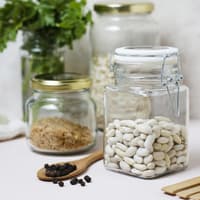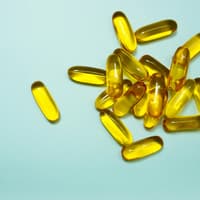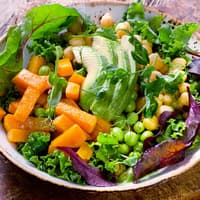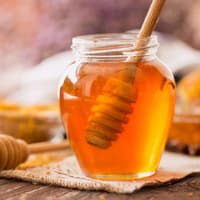
Almost nothing works in the body without zinc: zinc plays an indispensable role in the metabolism of the human organism.
What is zinc?
A trace element. This means that it is found in very small quantities in the body - only around two to four grams. It cannot be stored for long and the body cannot produce it itself. It must therefore be taken in through food.
Zinc: what effect does it have?
Without the trace element zinc, our metabolism would not function, our cells would not divide and hormones could not be produced. Zinc is also involved in the storage and release of insulin, the formation of thyroid and sex hormones, immune cells and white blood cells. It ensures smooth, fresh skin, healthy nails and hair and is crucial for wound healing.
How much zinc a day?
The German Nutrition Society (DGE) recommends seven milligrams a day for women and ten milligrams a day for men. Schoolchildren have a daily zinc requirement of around six milligrams per day.
What happens if there is a zinc deficiency?
The consequences if we have too little of the trace element zinc in our bodies: Increased susceptibility to infections, taste and odor disorders, delayed wound healing, hair loss, skin damage.
Zinc in food: Where is it found?
In fish, seafood, beef and liver. If you don't like meat, oatmeal, cheese, lentils, nuts, peas, sunflower seeds and wheat bran contain a lot of zinc.






